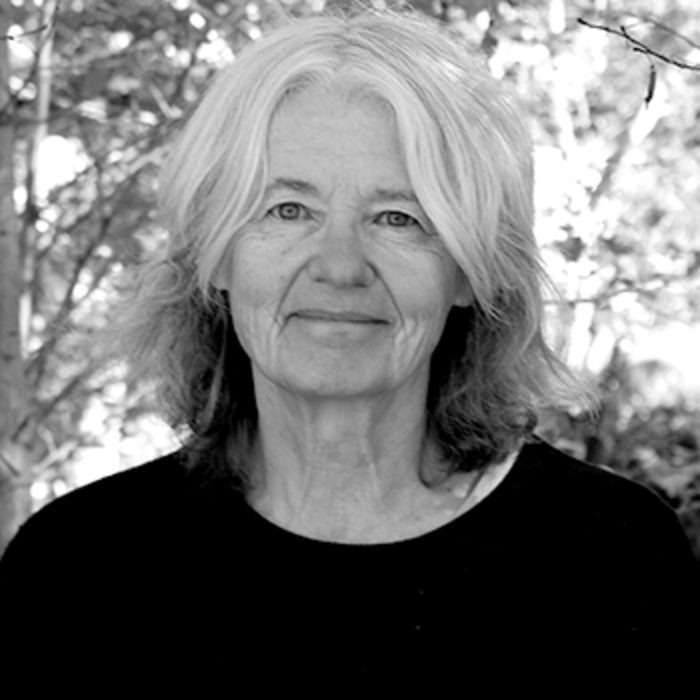State Poet Laureate
In 2005, Montana established a state poet laureate position, which is currently held by Allen Morris Jones through 2027. Since 2005, Montana has had twelve poets laureate.
Recent & Featured Listings
| Type | Title | State |
|---|---|---|
| Literary Magazine | Camas | Montana |
| Small Press | Riverbend Publishing | Montana |
| Writing Program | The 406 Writers' Workshop | Montana |
| Conference | Montana Cowboy Poetry Gathering | Montana |
| Writing Program | University of Montana | Montana |
| Festival | Montana Book Festival | Montana |
| Poetry-Friendly Bookstore | Barjon’s Books | Montana |
| Reading Series | University of Montana Reading Series | Montana |
| Poetry-Friendly Bookstore | Books & Books | Montana |
| Literary Organization | Indian Reading Series | Montana |



